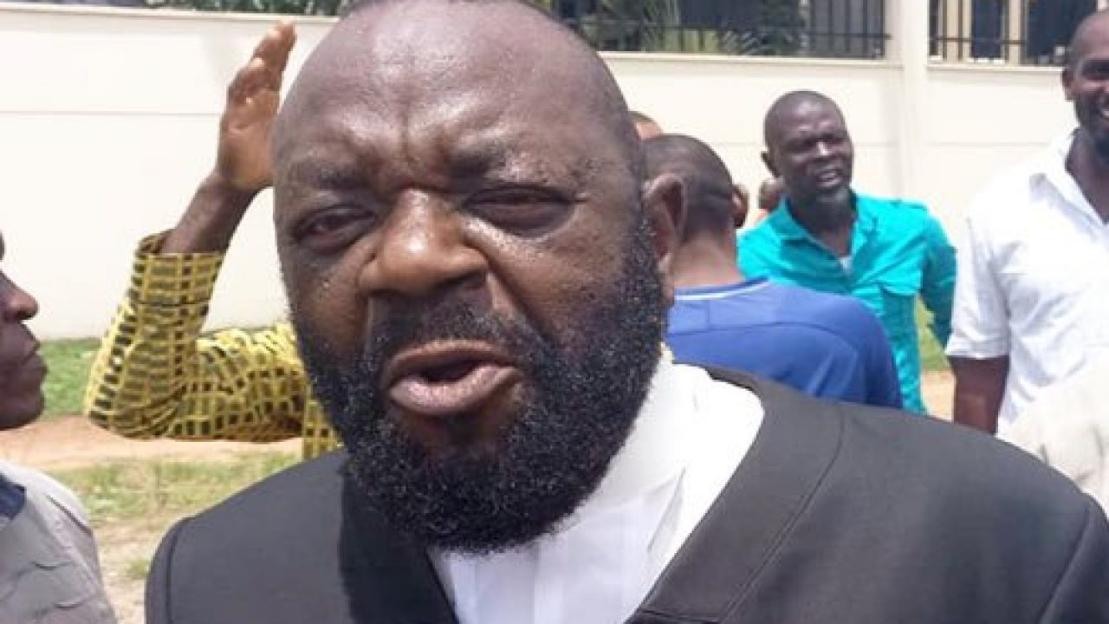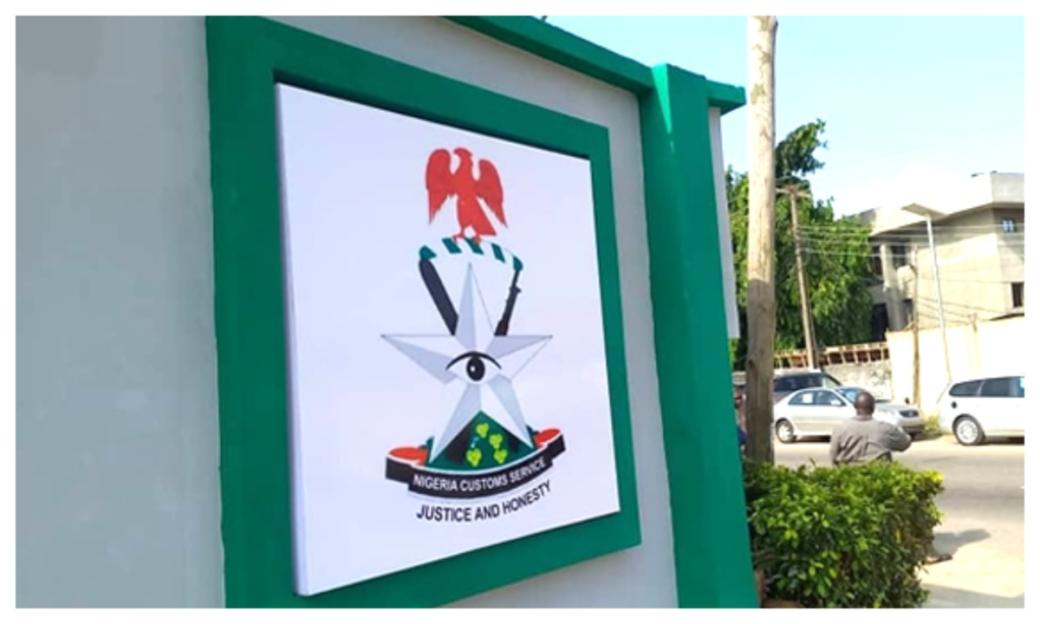A human rights lawyer and public rights advocate, Barrister Christopher Chidera, has declared that the conviction of leader of the Indigenous People of Biafra, IPOB, Nnamdi Kanu, cannot stand as it violated provisions of Nigeria’s Constitution.
Chidera, a member of the Mazi Nnamdi Kanu Global Defence Consortium, in a statement on Monday, insisted that the Constitution is Nigeria’s supreme law and cannot be treated as a suggestion.
DAILY POST reports that reactions have continued to trail Kanu’s conviction on terrorism charges filed against him by the Nigerian government. The IPOB leader was sentenced to life imprisonment and has now been moved to Sokoto Prison to serve the prison.
In the statement titled, ‘The Nnamdi Kanu judgment is a legal nullity built on repealed and non-existent laws’, the rights lawyer insisted that a court cannot invent jurisdiction over an offence that does not exist in any statute.
Arguing that Kanu was convicted with a law that do not exist, the statement said, “The world must hear this clearly and without distortion: Nigeria cannot claim to be a constitutional democracy while its courts attempt to convict a citizen under laws that do not exist. This is not advocacy. This is not interpretation. This is not politics. This is the plain truth of the law.”
Faulting the judgment, he noted that counts 1–6 of the charge were anchored on a repealed law.
“The prosecution built Counts 1–6 on the Terrorism Prevention (Amendment) Act 2013 — a statute that has been repealed and is no longer part of Nigeria’s criminal law. Section 36(12) of the Constitution is unequivocal: “A person shall not be convicted of a criminal offence unless that offence is defined in a written law in force at the time.”
“A repealed law is not a “written law in force”. A conviction under a repealed law is void. There is no exception. There is no judicial creativity that can cure repeal.
“Count 7 Is based on a non-existent statute. Count 7 claims reliance on the so-called “Criminal Code Act Cap C45.”
There is no such Act in Nigeria’s statute book. It is a legal ghost — a fiction. The Supreme Court of Nigeria itself held that Count 7 was defective and ordered it to be corrected. Neither the prosecution nor the trial court complied. A court cannot invent jurisdiction over an offence that does not exist in any statute. A judge cannot rewrite Nigeria’s laws from the bench.”
The human rights lawyer further noted that the Abuja Federal High Court presided by Justice James Omotosho disobeyed an order of the Supreme Court.
“The Supreme Court gave a clear directive – correct Count 7. The order was ignored. In any constitutional democracy, a lower court cannot sit in open defiance of the highest court.
This is not just procedural failure — it is a direct assault on the rule of law.
“The court refused to take judicial notice of repeal. Section 122 of the Evidence Act makes repeal of public statutes a matter for mandatory judicial notice. Repeated requests to the trial court to take notice were refused. A judge who refuses to acknowledge the very existence of the laws he swore to uphold has abandoned the judicial oath he took under the Seventh Schedule of the Constitution.”
Chidera, in the same vein, asserted that “any post-trial attempt to “rewrite” the charges is fraud”.
He added, “If, after the fact, anyone attempts to smuggle in a new statute,
to change the situs of the alleged offence, or to “interpret” the charge into existence, that will not be law — it will be fraud. Charges cannot be amended by written address. Situs cannot be invented by affidavit. A conviction cannot rest on a law that was never read to the accused.”
Further condemning the verdict, Chidera argued that what he described as “judgment day confusion” exposed the collapse of the case.
“How can a man be tried under one set of laws and then convicted under a different set of laws that were never put before him? Even more astonishing, Count 7 was then tied to CEMA, another statute both misapplied and statute-barred, with a limitation period of five years long expired — and with the accused having already spent more than that period in unlawful detention. This is not jurisprudence. This is confusion multiplied by illegality.”
According to him, the inescapable conclusion of the matter is that the court lacked jurisdiction in four independent ways – repealed enabling statute for counts 1–6; non-existent statute for count 7; Supreme Court order disobeyed; mandatory judicial notice refused.
“In law, when jurisdiction collapses, everything else collapses with it. Nothing stands,” he declared.
Demanding Kanu’s immediate release, the rights lawyer said, “Mazi Nnamdi Kanu cannot be lawfully convicted on repealed laws, non-existent laws, or laws secretly substituted on judgment day. His continued detention is unconstitutional. He must be released immediately and unconditionally.
“To convict a citizen under laws that do not exist is not merely a miscarriage of justice — it is the death of legality. Nigeria is better than this. Our Constitution demands better than this.
And history will remember who stood for the law, and who stood against it.”







